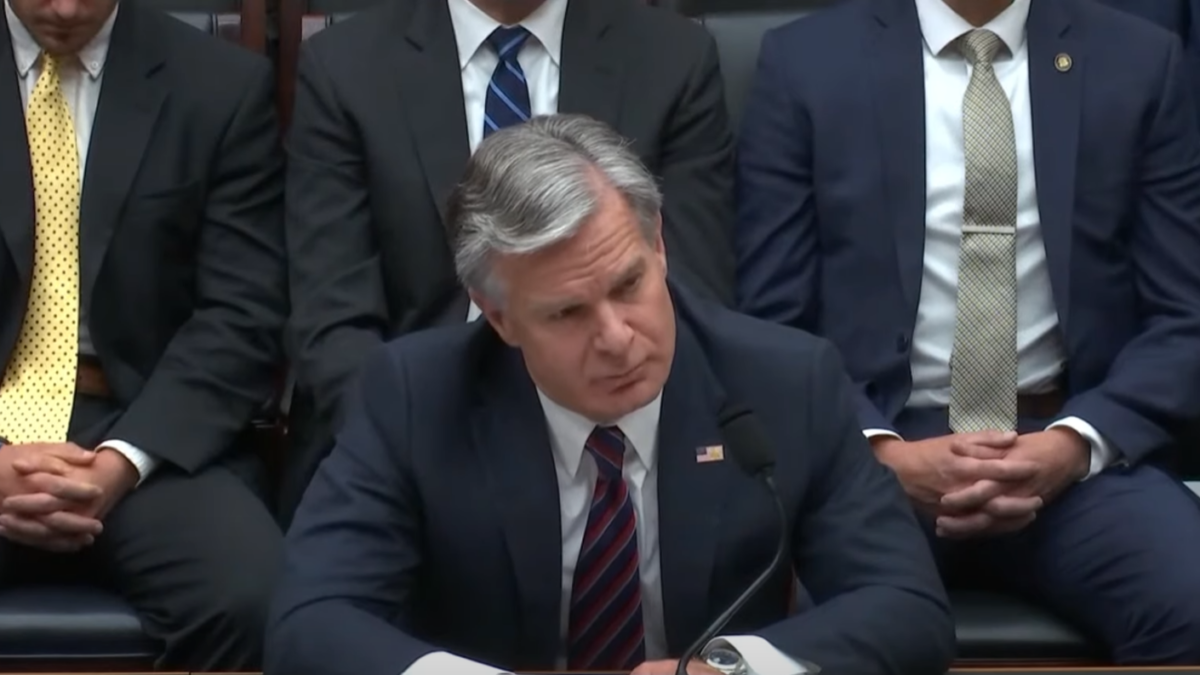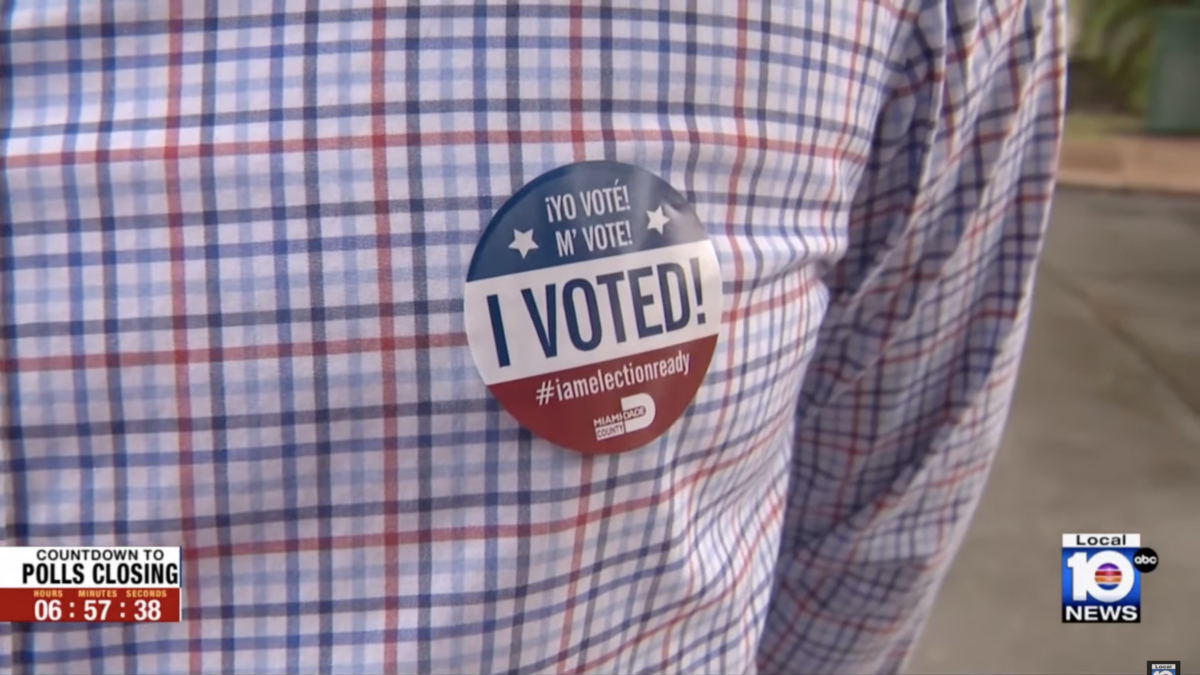
A few months ago, controversy broke out in the poker world. Mike Postle, a relatively small-time player in a local poker room in Sacramento, California, ignited the controversy by systematically accumulating a string of wins, replete with mind-boggling displays of brilliant lay-downs, heroic river and all-in calls, and, in poker parlance, “God-mode” instinct and insight into his opponents’ hole cards.
Many of his sessions were televised on “Stones Live,” a live poker feed streamed from Stones Gambling Hall on Twitch, and eventually caught the eye of a number of poker video bloggers, who took one look at his unlikely victory string and smelled a rat. They then concentrated on his sessions, examining every hand—every hero fold, call, and raise—and particularly noticed his habit of placing his phone in his lap during the sessions. They noticed that he routinely pulled his hat down to shield his eyes as he glanced down at his phone.
They noticed an usual feature—a bulge—on the side of his baseball cap, which he occasionally wore when he wasn’t looking down at his phone. They located similar-looking caps online and found that the bulge in these caps was caused by a device that transmitted audio signals through bone conduction.
In short, they busted him. It could have been anything—smoke signals from across the room, blinking lights, bone-conducted audio signals—whatever. It didn’t matter how he was cheating, what mattered was that his success at the table was such a statistical anomaly in a game and profession guided in large part by micro mastery and manipulation of statistical risk and reward. So there was no question that he was doing something to gain unfair advantage over the other players at the table.
What put these bloodhounds on the trail of the alleged cheat wasn’t the phone in his lap, or the strange shape of the side of his cap. It was the numbers. The percentages. The law of averages. The wholly improbable, unprecedented, all but impossible string of perfect decisions and corresponding cash-outs that could not possibly be accomplished without, well, cheating.
To the veteran poker players, it was simple: The cards are meant to fall randomly, and the cards for this guy always seemed to fall the same way. The man was cheating.
If you’ve read the Department of Justice inspector general’s report on the Carter Page FISA application, be it the executive summary or the whole thing, you may have come away with the same feeling those poker bloggers had when they took their first look at Postle’s win record at the casino. This isn’t right. This can’t be.
There’s no way the cards can all fall one way, no way every “mistake” can redound in support of the government’s “case” against Page. There’s no statistical way every single oversight, clerical error, unchecked box, unread file, misplaced document, unread email, uncorroborated assumption, unverified assertion, omission of exculpatory evidence, and inclusion of false allegations can all fall against Page, and in favor of the FBI’s goal of providing probable cause to convince the court to believe he was an agent of a foreign power.
There’s no way 17 glaring omissions, mistakes, mischaracterizations, and straight-up lies can make their way, undetected, unquestioned, and uncorrected, through the now-legendary labyrinth of supervisory coordination, from line agents to Woods Procedures to FBI supervisors to DOJ reviewers to FBI counsel, FBI deputy director, FBI director, DOJ general counsel, deputy attorney general, and attorney general certification.
There’s no way none of those people caught one of those 17 mistakes. No way each link in the chain—every single one of them—simply assumed this one time that the previous link had carried out all of their supervisory and verification responsibilities and blindly affixed their certification mark on the package without review. No way it all falls one way.
Unless. Unless this wasn’t actually the most statistically improbable perfect storm of innocent oversights and clerical errors, all of which worked in favor of the government’s case and adversely to Page. Unless the percentages here were so outlandish and unlikely—a demonstration of abject, systemic incompetence carried out, quite literally, against all odds—that there is a logical explanation for all of this, after all.
To anyone capable of reasoned and objective analysis, that explanation is simple: The cards are meant to fall randomly, and the cards for this guy always fell the same way. The FBI was cheating.
In his defense, Postle challenged his accusers as conspiratorial bullies, incapable of comprehending his unique talents and unfairly attacking him in service of their own lust for attention and validation. He swears up and down that he plays the game with integrity and honor. He points to the times he failed to cash in as proof that he couldn’t possibly be cheating.
In their own defense, James Comey, Andrew McCabe, James Baker, and Lisa Page have challenged their accusers as conspiratorial bullies, incapable of comprehending their collective expertise and unfairly attacking them in service of their accusers’ lust for attention and validation. They swear up and down that they conducted themselves with integrity and honor. They point to the IG’s studied reluctance to step outside of his mandate and opine about whether this perfect storm of unprecedented ineptitude reflected a political and personal bias in FBI leadership as proof that they couldn’t possibly have cheated.
Perhaps they’re right. Perhaps the guy whose winning percentage at the poker table exceeded those of anyone in the history of poker by a factor of five was just lucky, or uniquely skilled. Perhaps Comey and everyone who touched that FISA application operated at all times with the best interests of both the nation and of the American citizen they ultimately condemned as a traitorous agent of the Kremlin at heart.
Perhaps Page was just unlucky, that a series of 17 innocent mistakes in a process designed to incorporate layer upon layer of validation to detect and eliminate a single mistake was one of those once-in-a-lifetime aberrations that just happened to result in his communications with everyone in the Trump campaign being secretly surveilled by a group of FBI officials who, then and now, have expressed their contempt and deep disdain for Donald Trump.
Or perhaps the numbers don’t lie, the percentages don’t allow for it, and no amount of sanctimony and misdirection will change the fact that the cards are supposed to fall randomly, and all the cards for Page seemed to drop the same way.








